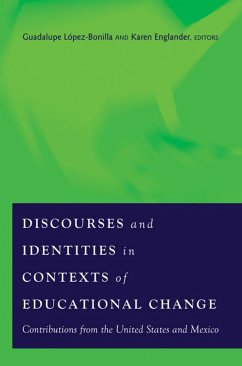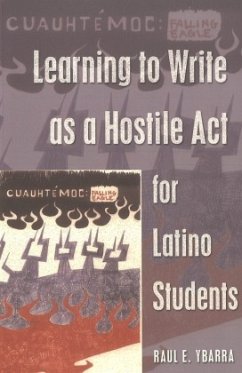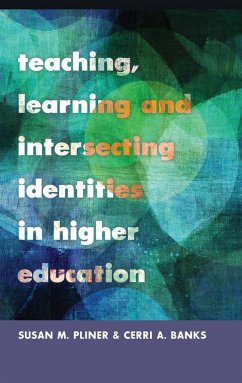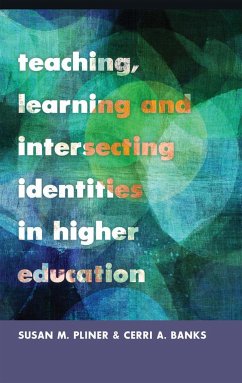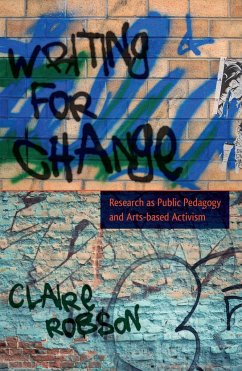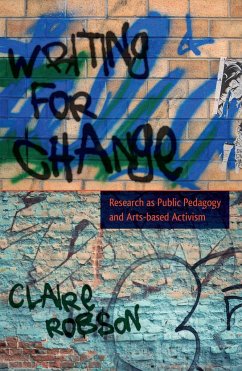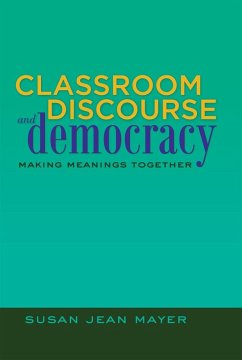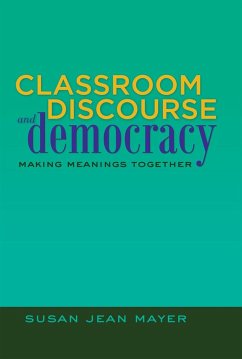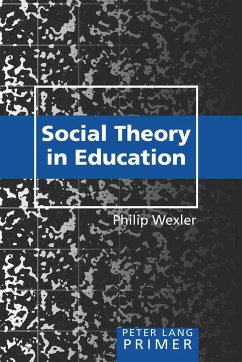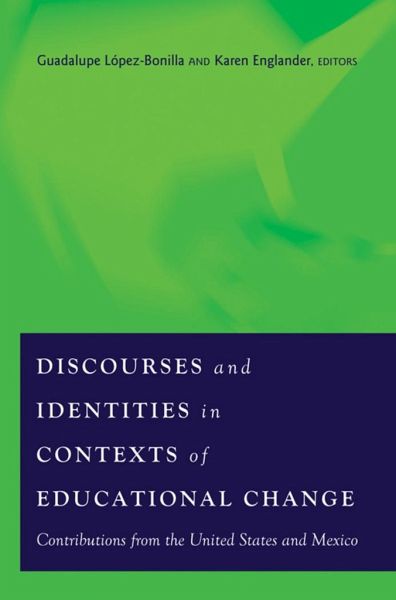
Discourses and Identities in Contexts of Educational Change
Contributions from the United States and Mexico
Herausgegeben: López-Bonilla, Guadalupe; Englander, Karen
Versandkostenfrei!
Versandfertig in 6-10 Tagen
37,90 €
inkl. MwSt.

PAYBACK Punkte
0 °P sammeln!
Discourses and Identities in Contexts of Educational Change presents the work of fourteen scholars concerning the United States and Mexico. The authors explore current and changing educational contexts through the relationship between discourses and identities. These are contexts in which the participants must negotiate multiple, and sometimes conflicting, positions. The empirical studies reported here are grounded in contemporary theories of sociolinguistics and literacy practices, social relations conceptualized in dynamics of power, and identity representations. The book uniquely contribute...
Discourses and Identities in Contexts of Educational Change presents the work of fourteen scholars concerning the United States and Mexico. The authors explore current and changing educational contexts through the relationship between discourses and identities. These are contexts in which the participants must negotiate multiple, and sometimes conflicting, positions. The empirical studies reported here are grounded in contemporary theories of sociolinguistics and literacy practices, social relations conceptualized in dynamics of power, and identity representations. The book uniquely contributes to the challenges facing different educational communities in specific contexts by using discourse and identity as the conceptual tools to analyze the problematic and often unclear relationship among diverse educational actors immersed in contexts of change at the local, national, and global levels.



